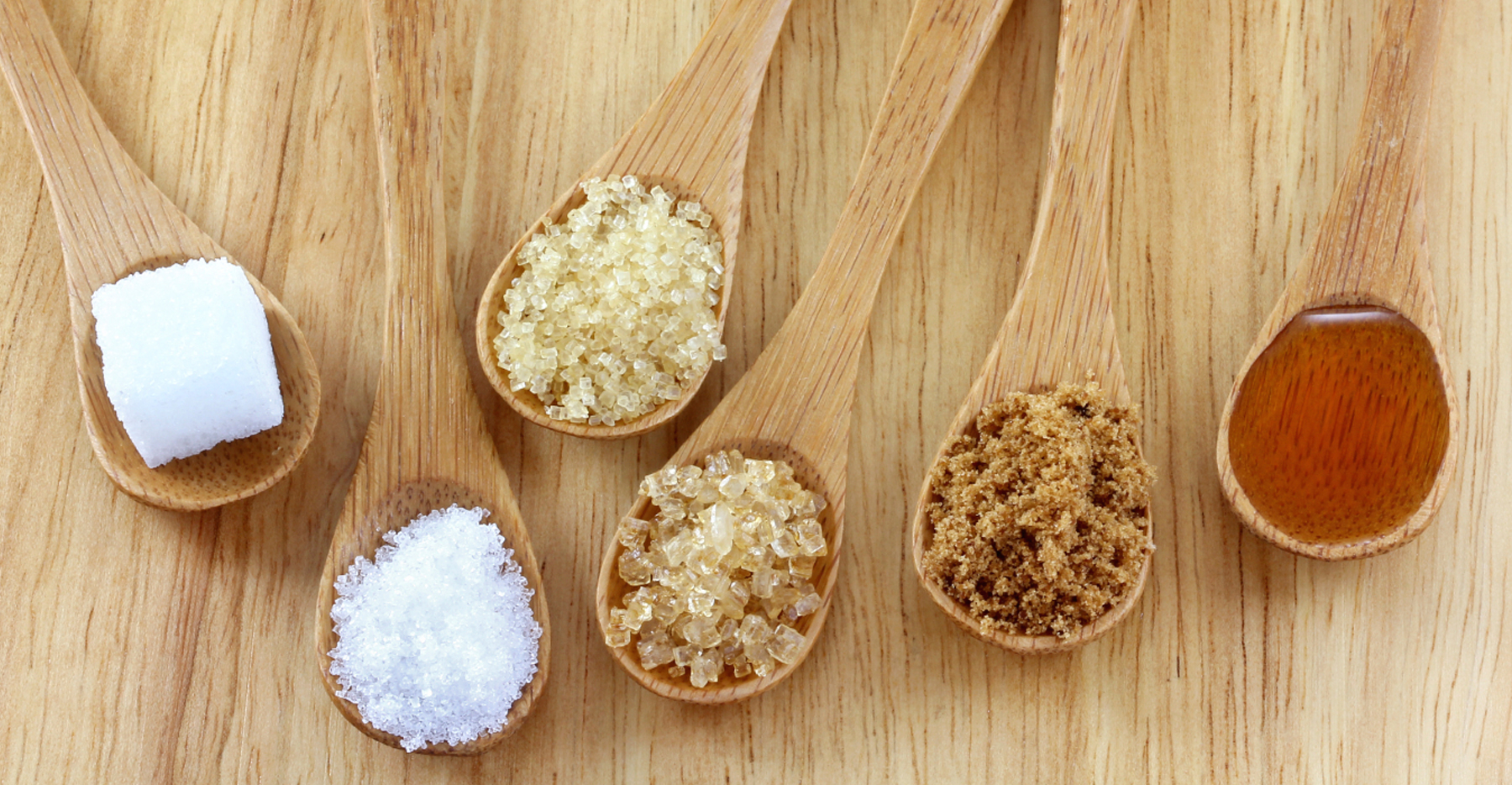HOW MUCH SUGAR SHOULD WE TAKE

Sugar is believed to be one of the sweetest things that a person never quite taking.
Sugar has
become part of many everyday diets, For the last century sugar has been added
to an increasing number of foods all over the world.
You be amaze that 50% of Gift giving to our love
ones contain sugar e.g
Hey dear I
brought you a gift
Oh dear what
did you get me?
at this point you hear cupcake, ice cream, cake, chocolate etc.
And she will
be like oh thank you dear I love you without thinking of what it will do to her
body in the near future………
Even to take
your love ones out to eat or take snacks they end up buying sugary things.
Am not
saying it’s bad to buy gift or snacks for your loved ones but do it once in a
while.
DO YOU EVER THINK OF WHAT SUGAR DO TO
HUMAN BODY WHEN IT IS TAKEN IN EXCESS?
What is sugar
Sugar is a carbohydrates
found, naturally in most foods. It main nutritional value is providing energy.
However
sugar is also added to lots of foods such as sweets, chocolates, cake, fizzy
drinks and juice drinks etc.
The type we
usually take or use is the white powdery table-top version that we add to TEA
and sprinkled on top of cakes is known as SUCROSE and is found naturally in
plants such as sugar cane.
Sugar occur
in other plants and food stuffs to, for example LACTOSE in milk and FRUCTOSE in
fruit.
Our body
call on these compound as QUICK-RELEASE FUEL.
If the energy is not needed, it gets stored for later and is sometimes
converted in to FAT.
How much sugar should we
take?
Some
scientists say for the majority of people with diet that is already rich in
CALORIES, there is no need for any of the extra calories added sugar carries so
do not take sugary things at that time.
It has no
nutritional value for people who are not starving or unable to absorb food and
can contribute to TOOTH DECAY.
So eating
sugary-rich food can make a hefty contribution to the calories we consume.
The more
calories we take in, the more likely we are to be OBESE. And obesity is linked
to heart disease, type 2 diabetes, cancers and other causes of death.
But it not
calorific content of sugar that worries experts.
A growing
number of scientists believe that the calories from sugar are not all treated
by the body in same way.
One of the
most consistent links appears to be between obesity and a high intake of
sugar-sweetened beverages.
Sugar found
in sugary drinks may be easier to digest and may not leave us feeling full,
leaving us room to eat more.
Some
researchers suggests FRUCTOSE may promote deposits of fat in the liver and
other parts of the body.
And some
scientists are worried that the chemistry behind the quick spikes in blood
sugar we get from things such as fizzy drinks and cakes might in itself be linked
to diseases such as diabetes.
The WORLD HEALTH ORGANIZATION (WHO) has issued guidelines suggesting
that cutting the amount of sugar we eat from the recommended limited 10% of
daily energy intake to 5% would be beneficial. That about 25g (around six tea
spoons) for an adult of normal weight every day.
To put this
in context a typical CAN of fizzy drink contains about nine tea spoons of
sugar. The limited would apply to all sugars added to food, as well as sugar
that is naturally present in honey, syrups, fruits juices and fruit
concentrates.
Experts are
concerned that this added sugar which is present in food we would not expect to
find it in is harming our health.


Effect of sugar
to our health
The
processed varieties of sugar create this harmful effect of sugar in the body
1. It increases the risk of obesity,
diabetes and heart disease.
2. It increases bad cholesterol and
triglycerides
3. Sugar interferes with immune function
that is when we eat fructose, it goes to the liver and if liver glycogen is low,
such as after a run, the fructose will be used to replenish it.
* Sugar accelerates aging. It even
contributes to that telltale sign of aging that is sagging skin and rankles.
* Sugar affect behavior and cognition
in children.
*Sugar increases stress. When we are
under stress our stress hormone level.
* Sugar contribute to lepton resistance
and then weight gain, craving, sleep trouble etc.
* Most common and most basic damage it
does is Tooth decay and gum disease.
* Sugar causes blood glucose to spike
and plummet: unstable blood sugar often leads to mood swings, fatigue,
headaches and craving for more sugar.
* Sugar
create an addictive sugar response in the Brain.
Now that you
know the negative impacts that refined sugar can have in your body and mind,
you’ll want to be more careful about the foods you choose and want to eat.
Cutting down sugar.
This tips
may help you cut down level of sugar you take:
·
Instead
of sugary things like fizzzy drinks and juices drinks, go for water or
unsweetened fruit juice.
·
Dilute
fruit juice for children to further reduce the sugar.
·
If
you take sugar in hot teas, drinks or add it to cereal, gradually reduce the
amount until you can cut it out altogether.
·
Choose
TINS of fruit in juice rather than SYRUP
·
Choose
whole grain breakfast cereals but not those coated with sugar or honey.
·
Most
importantly check nutrition label to help you pick the food with less added
sugar or go for the low sugar version.
I hope this helps you to
reduce the amount of sugar you take in a day.
The maximum amount of
added sugars you should eat in a day are:
MEN: 150mcalories per day
(37.5 grams or 9 teaspoons).
WOMEN: 100calories per
day (25 grams or 6 teaspoons).
For me
I like sugar in fact I love it and I take it almost every day
The funny
part is that I know it harmful and not healthy but I can stop taking it especially
if its ICECREAM, CHOCOLATE, CAKES yummy but with this my write-up I hope to
reduce my intake of sugar and hope you do the same.
Finally
sugar does not fill you up instead encourage you to eat more cause you never
get satisfy with it take note.
CRD: HULAIRA TSADU
CRD: HULAIRA TSADU


Comments
Post a Comment